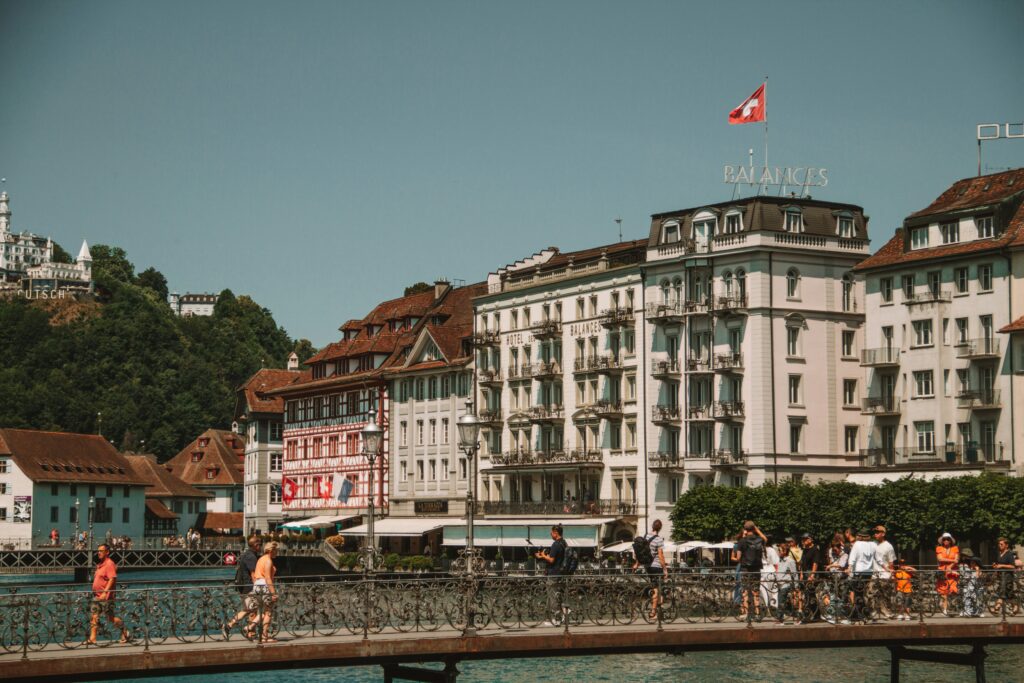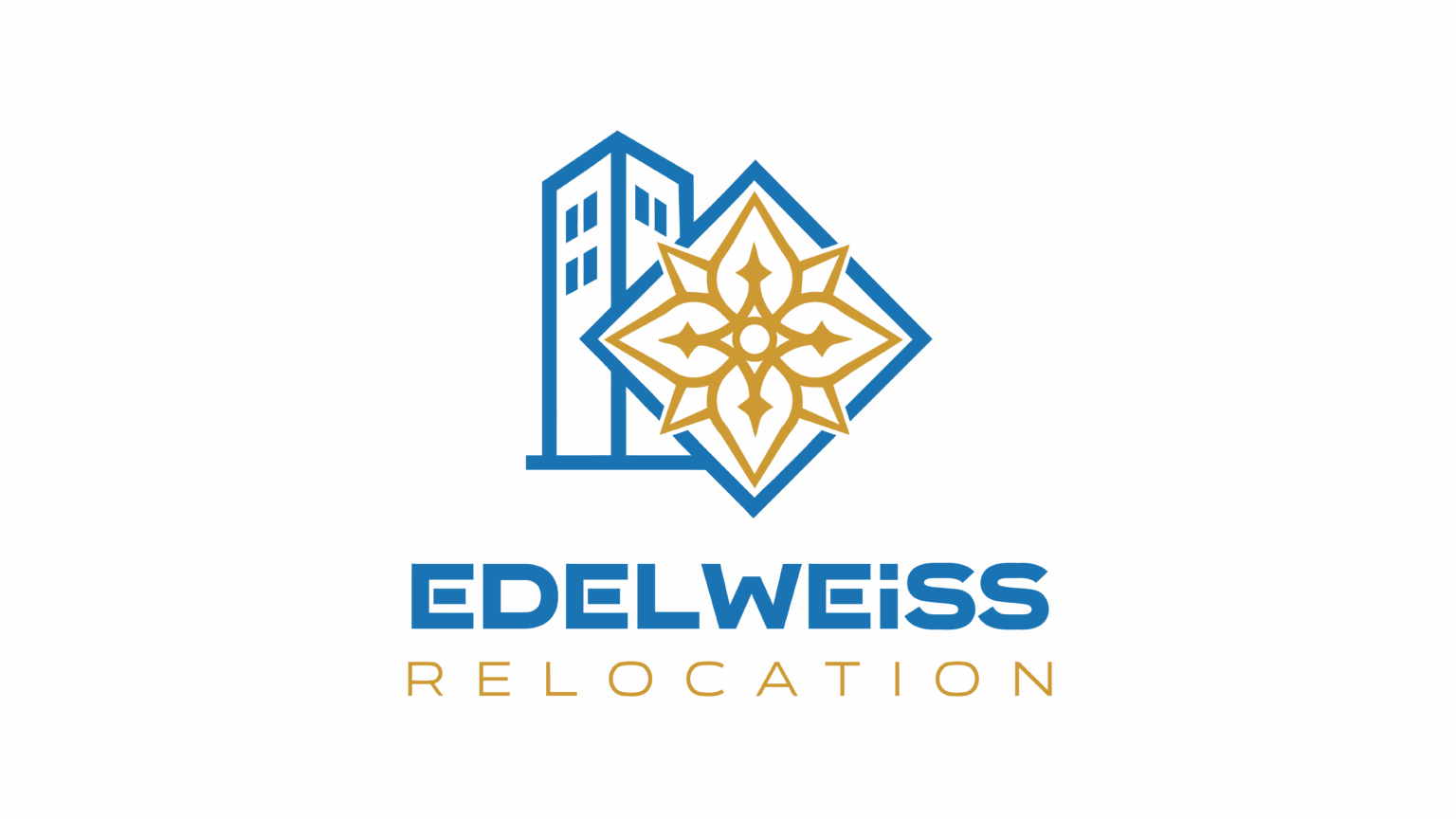Cost of life in Switzerland

Is Expat Life in Switzerland affordable
Switzerland is widely regarded as one of the most expensive countries in the world, often placing it among the top nations for cost of living. The country’s high costs, especially in its major cities, can catch newcomers by surprise. However, it’s important to understand that the high expenses are balanced by equally high wages, exceptional living standards, and a stable economy, which make the country an attractive place to live for many expatriates. This combination of factors likely explains why Switzerland is home to 40 of the world’s wealthiest individuals, according to Forbes. Despite the financial demands of relocating to Switzerland, many expats find ways to manage costs and still enjoy a high quality of life.
Housing
Housing is one of the largest expenses for expats living in Switzerland, particularly in the country’s major cities. Unlike many countries where a higher proportion of the population owns homes, Switzerland has a relatively low homeownership rate. As an expat, renting is the most common housing arrangement. The cost of rent can vary significantly depending on the location, size, and type of property. In cities like Zurich, one of Switzerland’s most expensive places to live, rent for a one-bedroom apartment typically ranges from CHF 2,500 to CHF 6,000 per month. For those relocating from other major cities such as London or New York, these prices may seem somewhat familiar, as these cities also have high rental costs. Outside of city centers, rent tends to be more affordable, but it still accounts for a significant portion of monthly expenses, with housing typically representing around 20% of an individual’s salary.
Additionally, utilities, including electricity, heating, water, and garbage collection, can add up to around CHF 250 per month. In some cases, landlords may include utility costs in the rent, which can simplify budgeting. Expats should also factor in other associated costs such as internet, which generally costs CHF 60-100 per month, depending on the provider and service package.
Daily Necessities in Switzerland
Daily living expenses in Switzerland are generally higher than in many other European countries. For instance, public transport is widely used and reliable, but it can be costly. A monthly public transport pass, depending on the city, can cost around CHF 75. For those living in rural areas or smaller towns, transport costs can be lower, but getting around in Switzerland often requires good access to public transit, especially in cities.
Groceries are another expense to consider, with prices typically ranging from CHF 100 to CHF 300 per month for a single person. While Switzerland has an excellent range of high-quality goods available, it’s known for its high food prices. Basic items like milk, bread, and cheese can be more expensive compared to other countries, but the country’s quality control and attention to health standards often justify the price. For many expats, shopping smart and buying in bulk can help lower overall grocery expenses.
Health insurance is mandatory in Switzerland, and it can be one of the most significant costs for newcomers. The average health insurance premium costs about CHF 450 per month, depending on the coverage level and the insurer. While health insurance in Switzerland is excellent and offers comprehensive care, the monthly premiums can be a significant burden on expats. It’s essential to shop around for different health plans and find the right balance between cost and coverage. Websites like Comparis are useful for comparing various health insurance plans and understanding the options available.
Dining Out and Socializing
Switzerland’s high living standards extend to its dining culture. Going out to eat in Switzerland is typically more expensive than in many other countries. A three-course meal with wine for two people at a mid-range restaurant could cost around CHF 100. However, there are more affordable options available. Many restaurants offer set menus that range from CHF 35 to CHF 55, which are much more budget-friendly compared to à la carte options. Expats who enjoy dining out regularly should factor these costs into their monthly budget.
Additionally, cafes and casual dining spots can provide more reasonably priced meals, with coffee costing around CHF 5-6 and sandwiches or pastries typically priced between CHF 5 and CHF 10. Many Swiss people enjoy their afternoon coffee break, and cafés can serve as a pleasant spot for socializing without breaking the bank.
Saving Money in Switzerland
Although the high cost of living in Switzerland may initially seem overwhelming, many expats have found ways to save money and reduce their expenses. One common tip is to take advantage of store discounts by doing grocery shopping after 5 p.m., as many supermarkets offer reduced prices on products close to their expiration dates. This practice helps save money on everyday essentials without sacrificing quality.
Some expats also cross the border to neighboring countries like France and Germany to shop, where certain goods, particularly alcohol and other high-tax items, are often cheaper. Additionally, Switzerland has discount chains such as Aldi and Lidl, which are popular among expats for affordable grocery shopping. These stores offer a range of products at lower prices, which can be a great way to cut down on your grocery bills.
When making larger purchases like furniture, electronics, or household goods, it’s a good idea to wait for sales seasons or special promotions, which can provide significant savings. Switzerland’s holiday sales—especially during Christmas and the summer months—can offer discounts on these higher-cost items, making it possible to shop more affordably for big-ticket items.






